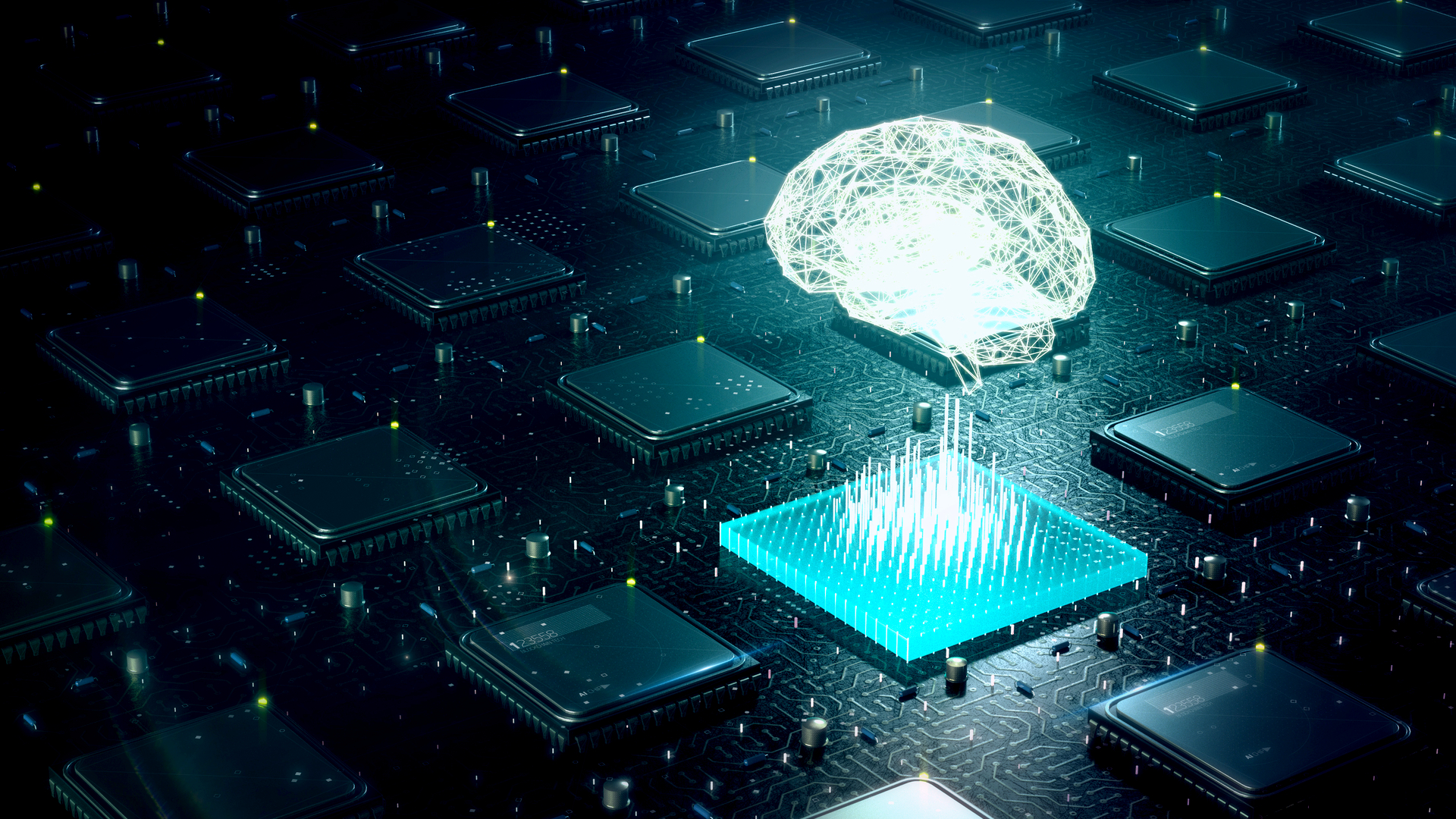A new AI program can spot rare diseases simply by looking at your face, researchers from Germany have revealed.
“The goal is to detect such diseases at an early stage and initiate appropriate therapy as soon as possible,” says Prof. Dr. Peter Krawitz from the Institute for Genomic Statistics and Bioinformatics (IGSB) at the University Hospital Bonn.

Using AI to detect rare diseases
The new software works on the basis that 1) most rare diseases are genetic and 2) these hereditary mutations often result in physical changes that are visible in a variety of different ways. There may be very subtle physical changes in the face, for instance, that distinguish one disease from another.
This newly developed AI looks at such subtle facial differences – which are generally too subtle for the human eye to detect – and then analyzes them, calculating similarities and then automatically connecting them with the clinical symptoms and genetic data of specific patients.
The new program is called “GestaltMatcher,” and only requires a few patients to detect disease warning signs accurately. This is essential for rare diseases, since some have only a few confirmed cases across the entire world.
The AI can also consider similarities among patients who have not had a formal diagnosis, allowing it to consider combinations of disease characteristics that doctors may not even know about yet. This means that the program is actually capable of “recognizing” diseases it doesn’t know exist.
“This means we can now classify previously unknown diseases, search for other cases and provide clues as to the molecular basis,” Krawitz says.
The researchers used photos of 17,560 patients to create the program. They decided to focus on the most diverse disease patterns possible, analyzing a total of 1,115 different rare diseases.
“This wide variation in appearance trained the AI so well that we can now diagnose with relative confidence even with only two patients as our baseline at best, if that’s possible,” Krawitz explains.
Krawitz notes that the use of GestaltMatcher by local medical practitioners is very close. German doctors can already take a photo of a patient’s face on their smartphones and then use AI to make differential diagnoses.
“GestaltMatcher helps the physician make an assessment and complements expert opinion,” he notes.
AI at the frontiers of medicine

Here at Herculean Strength, we will continue to report on developments at the frontiers of medicine, including developments in AI.
In similar recent news, AI can now be used to predict who will suffer from Alzheimer’s, with an amazing 92% accuracy.
A computer algorithm did this by analyzing routine patient information such as memory and brain function, performance on cognitive tests, and lifestyle factors, and discovering patterns hidden in the data that would otherwise escape the notice of medical practitioners.
The breakthrough could help change the way dementia is treated, allowing earlier interventions to fight the onslaught of the dreaded disease. One reason treatments with drugs fail is because they are usually administered after, not before, the disease has taken hold.
Although breakthroughs in diagnosis like this are clearly an unalloyed good, other developments in the use of AI may give us pause for thought, though.
Just recently, for instance, we reported on the use of AI-targeted brain stimulation to treat depression, research that is partly funded by DARPA and raises some disquieting questions about the future of such technology.
The researchers, from the University of Minnesota Medical School and Massachusetts General Hospital, believe the technology could be used in the very near future to help treat severe mental illness.
The study is the first to show that: i) a specific human mental function linked to mental illness can be reliably enhanced using precisely targeted electrical stimulation; ii) there are specific sub-parts of the brain structure that are particularly effective for improving cognitive function; and iii) a closed-loop algorithm used as a “controller” was twice as effective than stimulating at random times.
Interest in implantable technology, including brain chips and stimulation devices, has been growing in recent years, and a number of recent breakthroughs mean that such devices are no longer the stuff of science fiction.
For example, the mRNA technology used in some of the new coronavirus vaccines is now being extended to allow the creation of mini “biological computers” that can monitor and medicate the body internally in real time.


Don’t hesitate to email us at [email protected] for personalized coaching and a client questionnaire if you’d like DEDICATED tailor-made personal training on strength training, building muscle, losing fat, developing athleticism, and more — all to your liking, lifestyle, habits, and taste!
Otherwise, don’t forget to claim your FREE eBook detailing how to lose 20lb of fat while building muscle in 12 weeks! You can claim it here.
Alternatively, you can pick up a FREE eBook on fundamental strength principles offering an introductory workout program.











